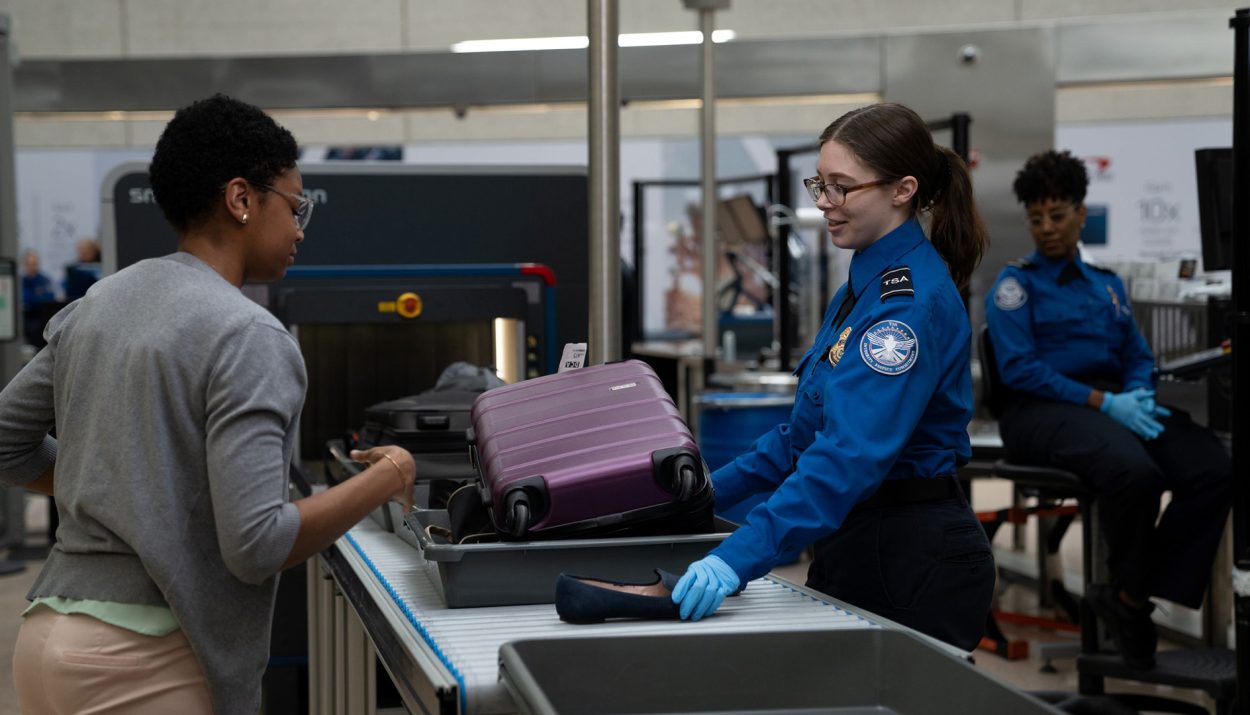With heightened security protocols and increased passenger volumes, passing through airport security can be a stressful experience for all involved. While most travelers move through checkpoints without issue, certain avoidable behaviors draw the ire of Transportation Security Administration agents, potentially leading to delays or additional screening.
This article outlines thirteen key behaviors that irk TSA agents, providing practical tips for moving through security more smoothly while still ensuring safety and compliance with regulations. By understanding common irritants, travelers can adjust their airport conduct accordingly and contribute to a less frustrating screening process for everyone.
Not Understanding TSA K9 Protocol
TSA dogs are specialized to sniff out potential explosive devices or dangerous materials. They are not trained to detect drugs or other contraband. Their role is to identify possible threats to passenger safety. The dogs must move freely to screen luggage, vehicles, terminals and passengers effectively. Do not interrupt or restrict the dog’s access.
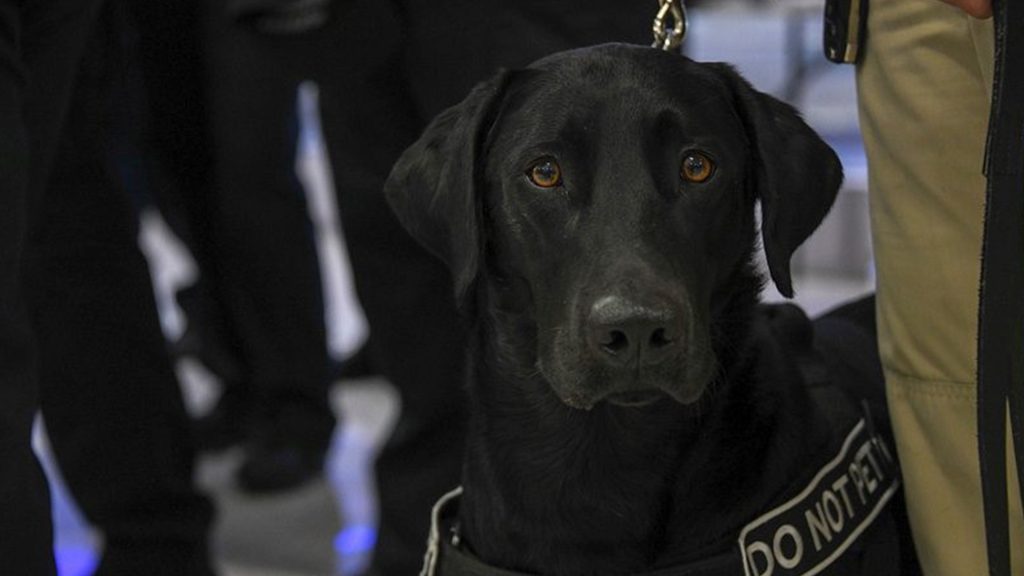
Do not attempt to touch, feed, photograph or interact with the dogs in any way. They are working animals, not pets. Any distraction compromises their concentration on screening. Always comply promptly with instructions from TSA canine handlers. They manage the dogs and understand their behaviors and needs. Do not interfere with a handler directing their dog.
Boarding Pass and ID Protocol
When going through airport security, travelers must present both a valid boarding pass and government-issued photo identification. Failure to do so can delay the screening process for all passengers. Attempting to pass through security with only a boarding pass.
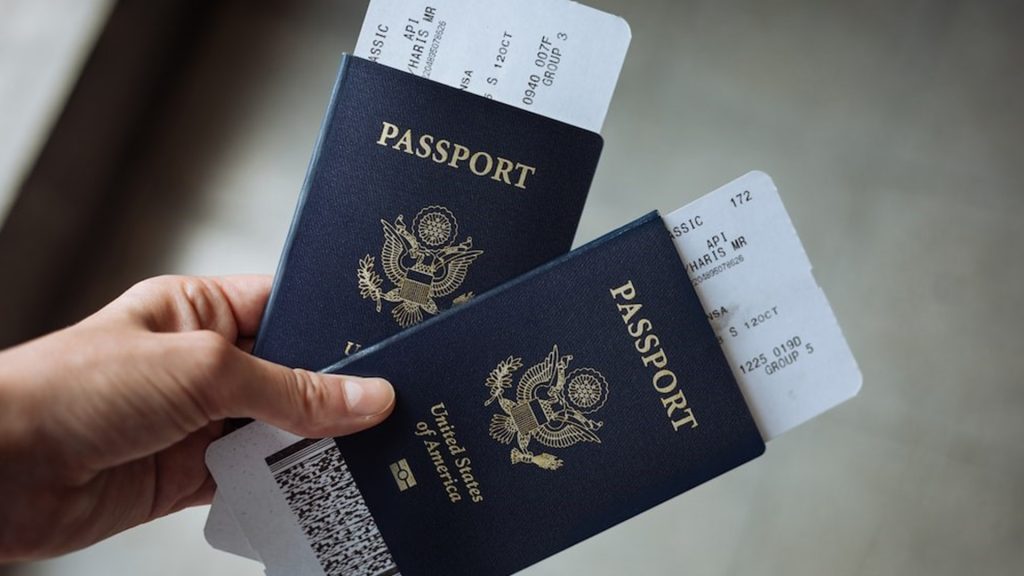
Since 9/11, government-issued photo ID has been federally mandated at all U.S. airports. TSOs cannot make exceptions. Holding up an ID instead of handing it directly to the officer. This causes delays as the TSO has to repeatedly ask passengers to hand over their credentials.
Handing Over ID Incorrectly
When going through airport security, travelers must present valid identification and boarding pass. However, some passengers still attempt to hand over only their boarding pass or present invalid forms of ID. This irritates Transportation Security Officers (TSOs) as it slows the screening process and requires them to repeat the same instructions frequently.
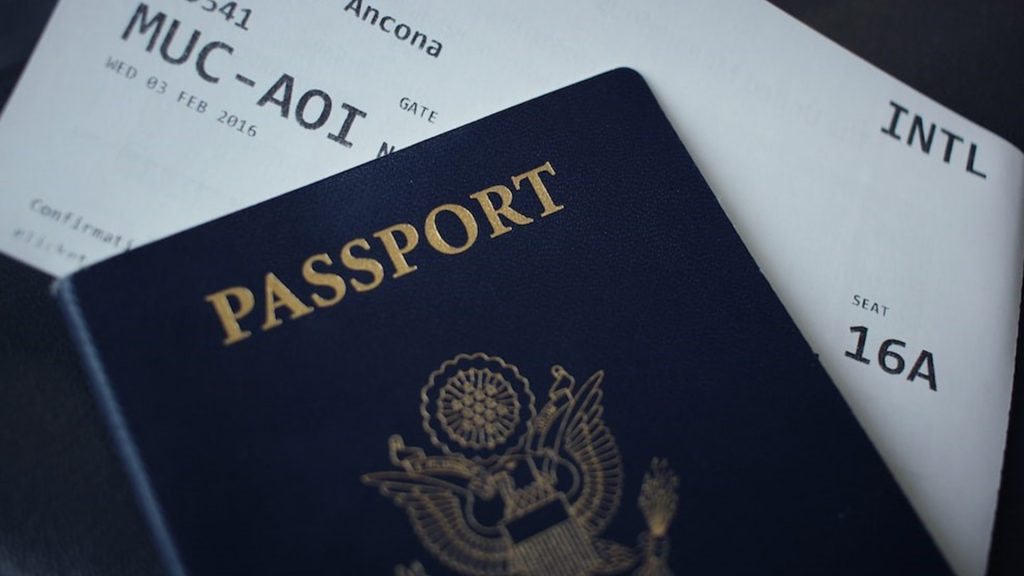
When passing through security, travelers should present a valid government-issued photo ID such as a driver’s license or passport. Other documents like birth certificates, social security cards, student IDs, or membership cards cannot be accepted.
Crowding the Security Checkpoint
Transportation Security Administration (TSA) agents have an important job at airport security checkpoints. They are responsible for thoroughly screening all passengers and their belongings for prohibited items to ensure safety and security.
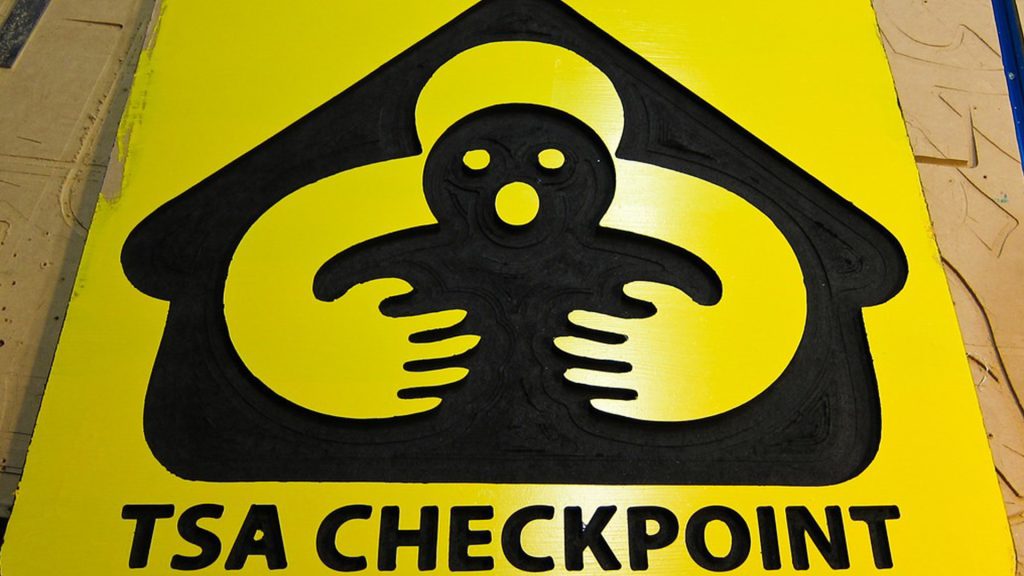
Excessive crowding around the checkpoint area leaves little room for passengers to remove items from their bags or move through metal detectors. This crowding could potentially cause passengers to trip or get shoved accidentally. It also provides opportunities for confrontations, especially when travelers are rushed. In extreme cases, crowding could enable a security breach by an unauthorized individual attempting to sneak through.
Not Following the Designated Boundaries and Checkpoints
By not following marked boundaries, checkpoint crowding frequently slows the security screening process. Agents then must take time to direct passengers back from the checkpoint until the next person is called up. This creates longer waits for everyone.
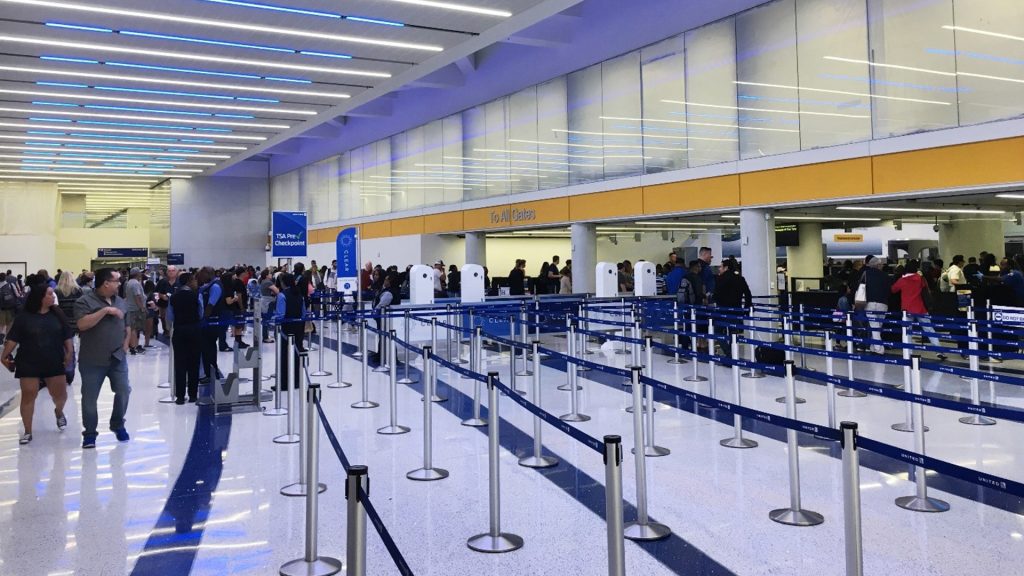
In summary, passengers should be conscientious about maintaining personal space at TSA checkpoints. This allows for more efficient, safe, and secure screenings for all travelers. Kindness and patience on the part of both agents and passengers can go a long way towards smoothing out airport security lines.
Misunderstanding TSA Agent Roles
TSA agents are trained and certified to focus on security screening and threat detection. Their role is to ensure traveler and flight safety, not passenger comfort or enjoyment. Assuming agents make or change policies. TSA agents must follow SOPs and protocols set by the TSA, not individual discretion.
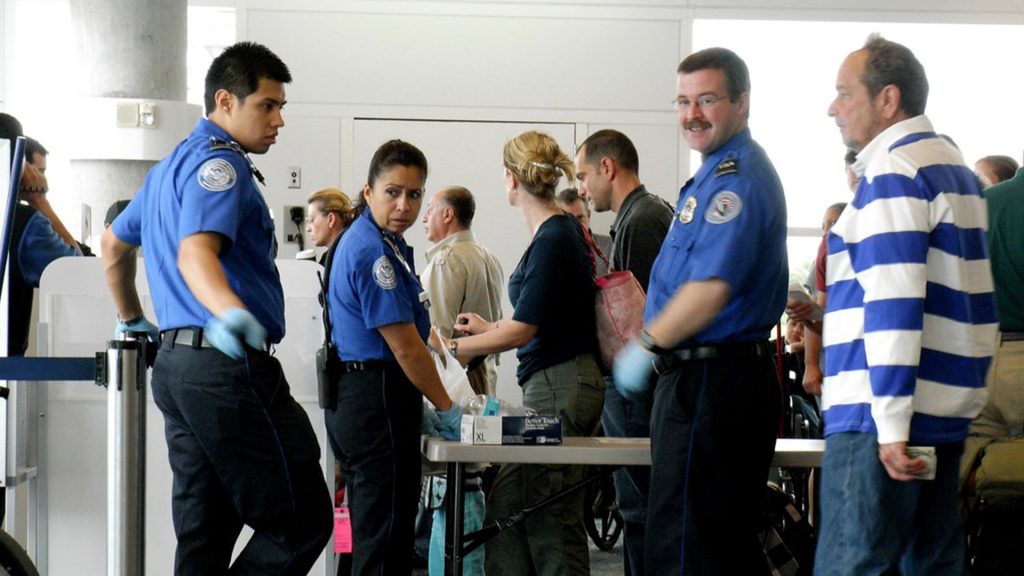
Some travelers expect agents to expedite lines or rushed travelers. Their duty is methodical, standardized screening of all passengers. Getting angry at agents for confiscations or enhanced screening. They cannot make exceptions based on passenger emotions or explanations.
Talking on the Phone During Security Check
According to several TSA agents interviewed, one of the key behaviors that can irritate agents and delay security checks is when passengers talk on their phones during the process. This can be problematic for a few reasons.

It prevents agents from properly interacting with and assessing passengers. TSA agents are trained to look for certain verbal and non-verbal cues to identify potential threats. Someone engaged in a phone conversation does not allow for this kind of observation and screening.
Bringing Incorrect Forms of ID
TSA agents often annoy passengers who try to present invalid forms of identification at airport security checkpoints. Agents are tasked with verifying travelers’ identities before allowing access to the secure side of airports. When passengers bring unacceptable IDs, it slows the screening process and frustrates agents.
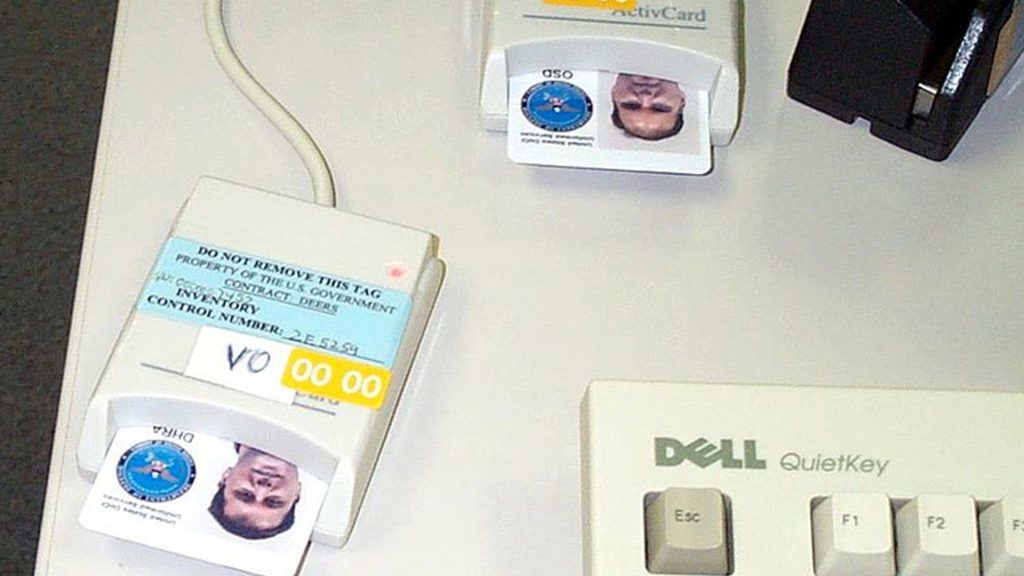
Common unacceptable forms of ID that agents report seeing include Costco membership cards, birth certificates, social security cards, student IDs, and library cards. While some of these may be used to supplement a valid ID if lost, they cannot be used independently. Children under 18 do not need identification when traveling domestically in the U.S.
Yelling at TSA Agents
The job of a TSA agent is extremely stressful. They must always be vigilant about potential threats while also dealing with frustrated travelers in a mundane environment daily. This constant state of hypervigilance leads to anxiety, trouble sleeping, and other mental health issues for many agents.

When passengers yell at agents or mistreat them, this stress exacerbates them. Agents strive to remain professional in the face of mistreatment, but it takes a toll. Yelling at agents can result in physical manifestations of stress, such as migraines or stomachaches.
Making Bomb Jokes
Joking about bombs only makes a stressful job more difficult for TSA agents. They face intense mental and emotional stress, often struggling with anxiety, migraines, and other health issues. Offensive jokes, however, instead of relieving tension, often worsen their suffering.

TSA personnel are required to investigate any mention of explosives, weapons, or other threats. So-called “bomb jokes” force them to halt operations and scrutinize the scene. This slows down the line for everyone and drains limited resources. Even jokes about shoe or underwear bombers reference actual attacks that caused real harm. They demonstrate ignorance and insensitivity to victims.
Ignoring TSA Directions
One of the foremost ways passengers may bother airport security agents is by neglecting to follow Travel Safety Administration guidelines.
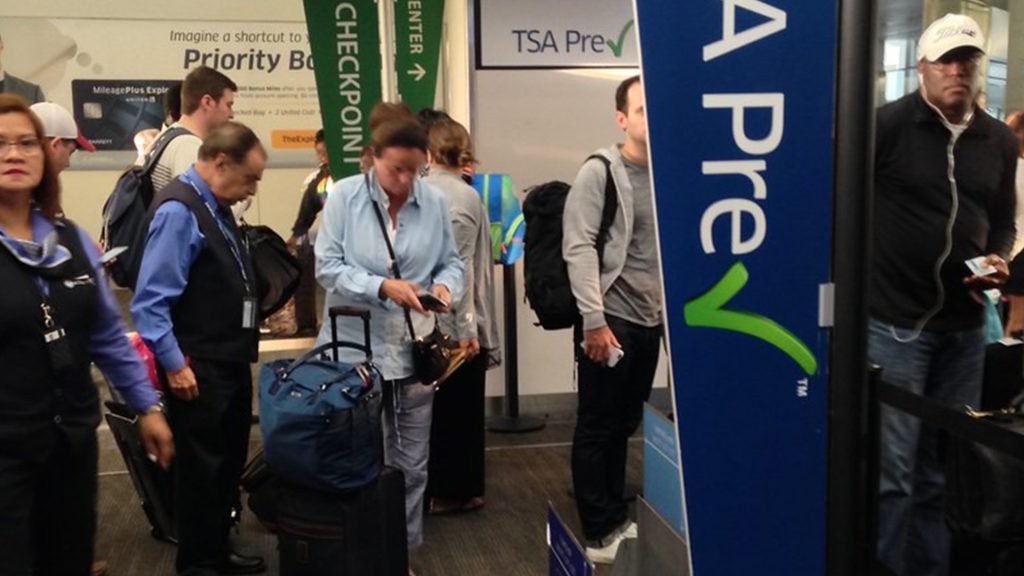
As reinforced by the interviewed TSA officer Jeanette, defying crucial safety protocols leads to pointless delays and stress. Although some procedures may appear insignificant or change often, notices are visibly posted, and agents vocally repeat the rules. For smoother travel, attentively abide by all directions.
Walking Dogs on Leashes
When traveling with animals, it is prudent to keep your pet secure for their and other passengers’ safety. According to Abraham J., a TSA canine handler, the airport environment can be overwhelming and unsafe for unrestrained animals.
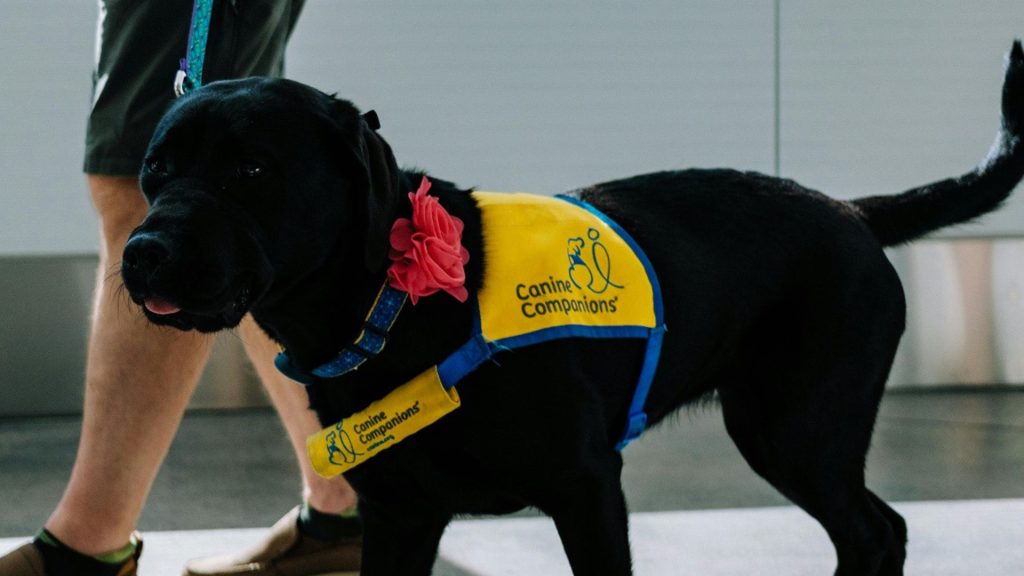
Keep your pet in its carrier when going through security checkpoints. Emotional support animals do not have the same access rights as trained service dogs. Allowing your pet to walk freely may provoke trained TSA dogs, disrupt operations, or pose dangers.
Allowing Kids to Run Wild
Allow children to run unattended, especially around security ropes or screening equipment. This can be dangerous for the children and disruptive to screening operations. Consider having another adult accompany you to help wrangle children.
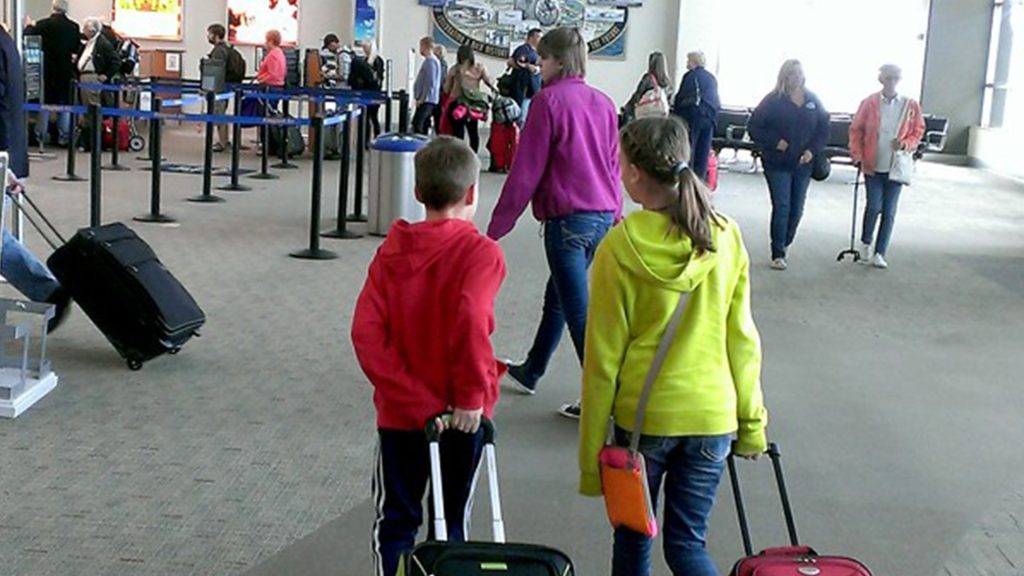
Children who are traveling are often tired, hungry, out of their normal routine and scared, which can make them harder to deal with. The TSA understands this. Jeanette says, “We try to keep it simple for families with little kids.”
Overdressing for Security Checks
TSA agents recommend that travelers avoid overdressing and wearing excessive layers of clothing to try to avoid checked baggage fees. While the motivation to save money is understandable, this attempt at frugality can backfire and create problems during the security screening process.
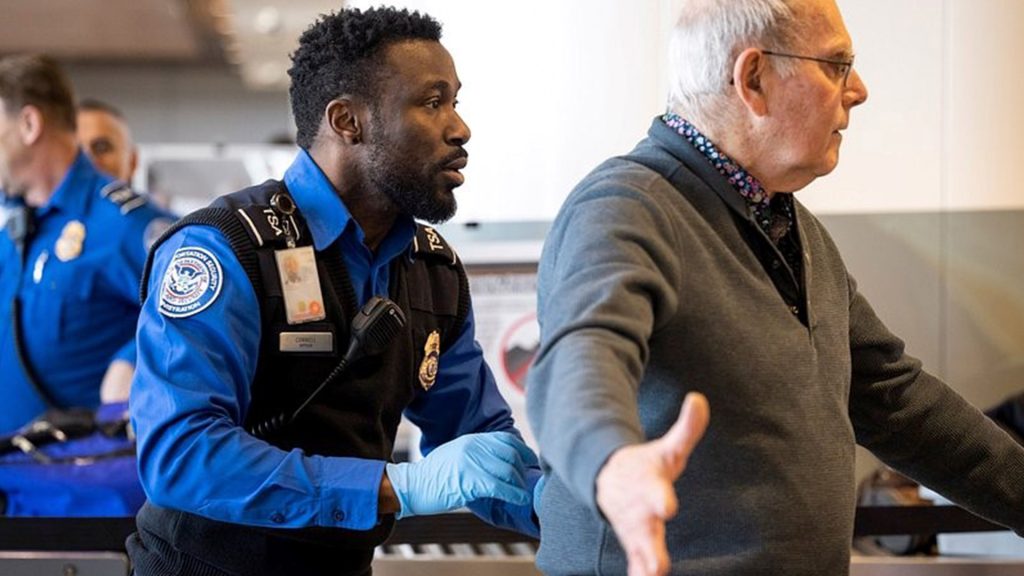
An overdressed passenger going through a metal detector or body scanner is likely to set off an alarm, necessitating further screening. This slows down the process for everyone waiting in line behind them. It also creates unnecessary hassle and stress for the traveler.
TSA Check Points are a Necessary Evil
While TSA lines and procedures can be inconvenient, travelers need to remain patient and follow all posted rules and agent instructions. Being kind and understanding toward agents and fellow passengers will make the security process smoother for everyone.
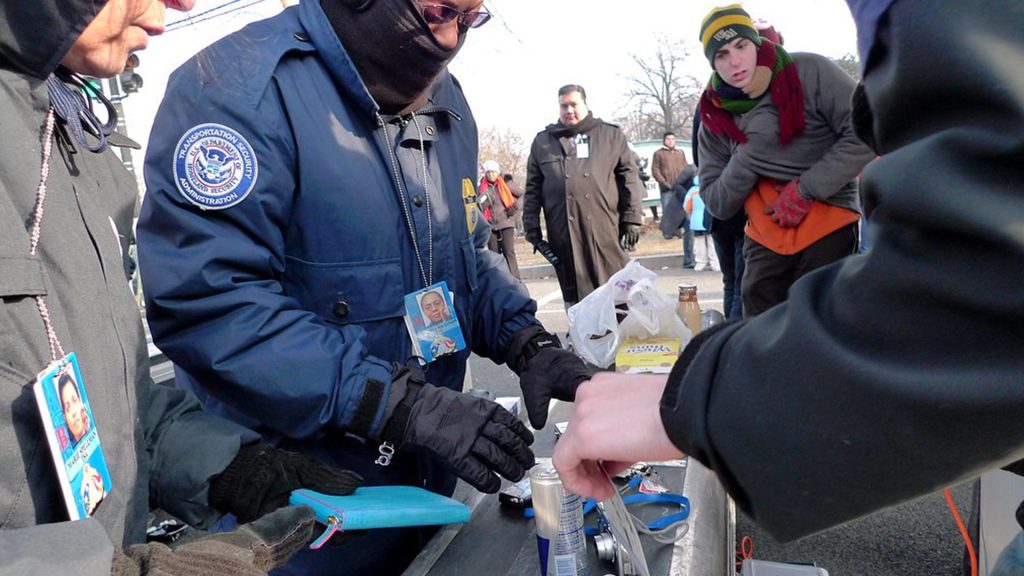
Keeping prohibited items out of carry-ons, moving efficiently through checkpoints, and avoiding aggressive behavior allow TSA staff to do their jobs effectively and focus on safety. With some thoughtful preparation and cooperation, air travelers can do their part to help airport security personnel protect the public while also minimizing personal frustrations.

